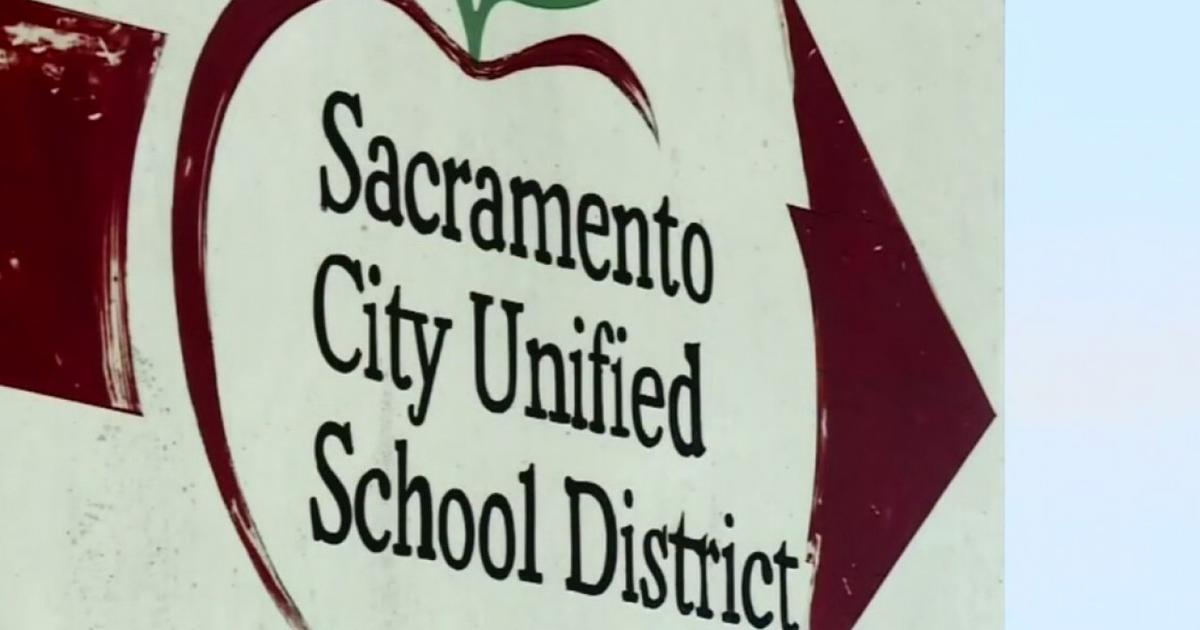Sacramento school rolls out ethic studies class ahead of California graduation requirement mandate
SACRAMENTO – It's been more than a year since California Gov. Gavin Newsom signed legislation making ethnic studies a high school graduation requirement.
While the mandate doesn't go into effect until 2030, schools in our area have already rolled it out – including at Luther Burbank High School in Sacramento.
"Rock music is considered a white genre even though it came from black people," said Luther Burbank freshman Aniyah Williams.
Fifteen-year-old Williams is learning about the history and contributions of Black Americans and other marginalized groups.
She's part of the freshman class at Luther Burbank High taking ethnic studies as a required course.
"I think it's important for people in public schools, especially because there's still a lot of racism even after all these years," Williams said.
Her teacher, Erinn Leone, says the course focuses on more than just the suffering of ethnic groups.
"For a lot of them, this is their first time ever seeing themselves in an academic space. It's the first time they ever get to sit in a classroom and learn about who they are," said Leonne, who is the chair of the school's social science department.
Leone's class is a diverse group, made up of students from different backgrounds.
She's been given the opportunity to come up with her own lessons while still following the state module curriculum and Common Core standards.
Leone tells us, when it comes to teaching ethnic studies, she takes a thematic approach while allowing lessons and topics to interchange depending on the makeup of the classroom.
In the two years she's been teaching the course, she says she's noticing real change.
"I do think that students are having a better appreciation and understanding, not just of themselves but of the people that are around them," Leonne said.
And it's not just the change in attitudes.
A 2021 Stanford study found students who took ethnic studies showed significant improvements in attendance and GPAs.
"We've seen more young people be more successful, more engaged, graduated higher levels," said LaShawn Route Chatmon.
Chatmon is the founding executive director of the National Equity Group, a Bay Area non-profit pushing to achieve racial equality in public schools.
"The inclusion of E.S. curriculum and its pedagogy is not about actually deepening a divide between racial groups, it's about increasing and expanding each other's humanity," Chatmon said.
But in some communities, learning about race issues in America has angered parents.
In the Fall of 2021, a Nevada County school board meeting in Grass Valley erupted in anger.
Parents in this mostly white community took issue with the district's efforts on equity and inclusion – associating those words to critical race theory, which district officials confirm is not being taught.
And while the battlelines have been clearly drawn over any classroom discussion about race, Aniyah just hopes it can help her confidence.
"I hope I can learn more about how to be comfortable in my own skin, be able to speak up when I have something to say," she said.
So, who can teach ethnic studies in high school? Right now, teachers with a social science credential can teach the course.
But that could change.
State legislation was introduced in February that would require an ethnic studies teaching credential by 2025.



